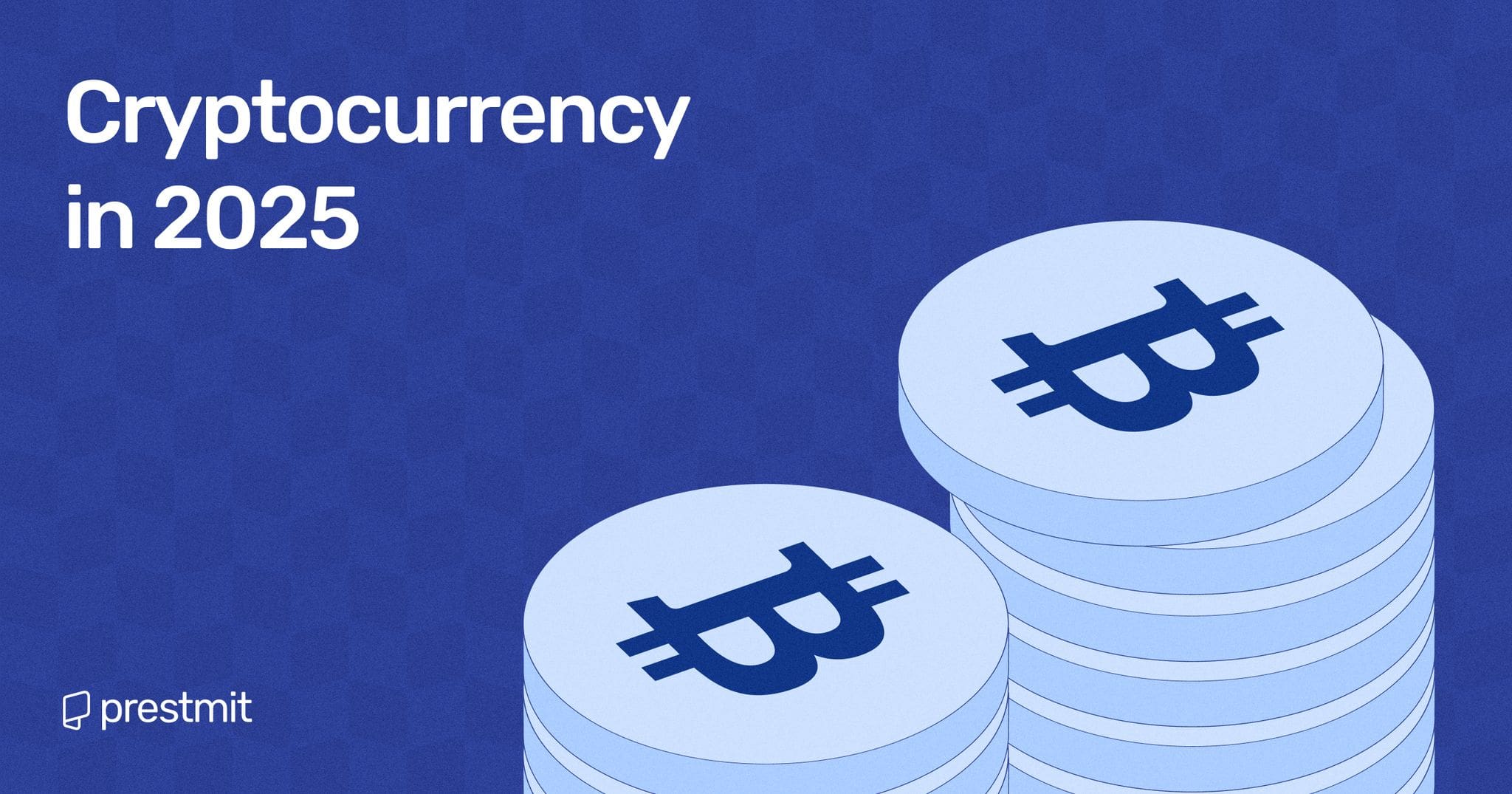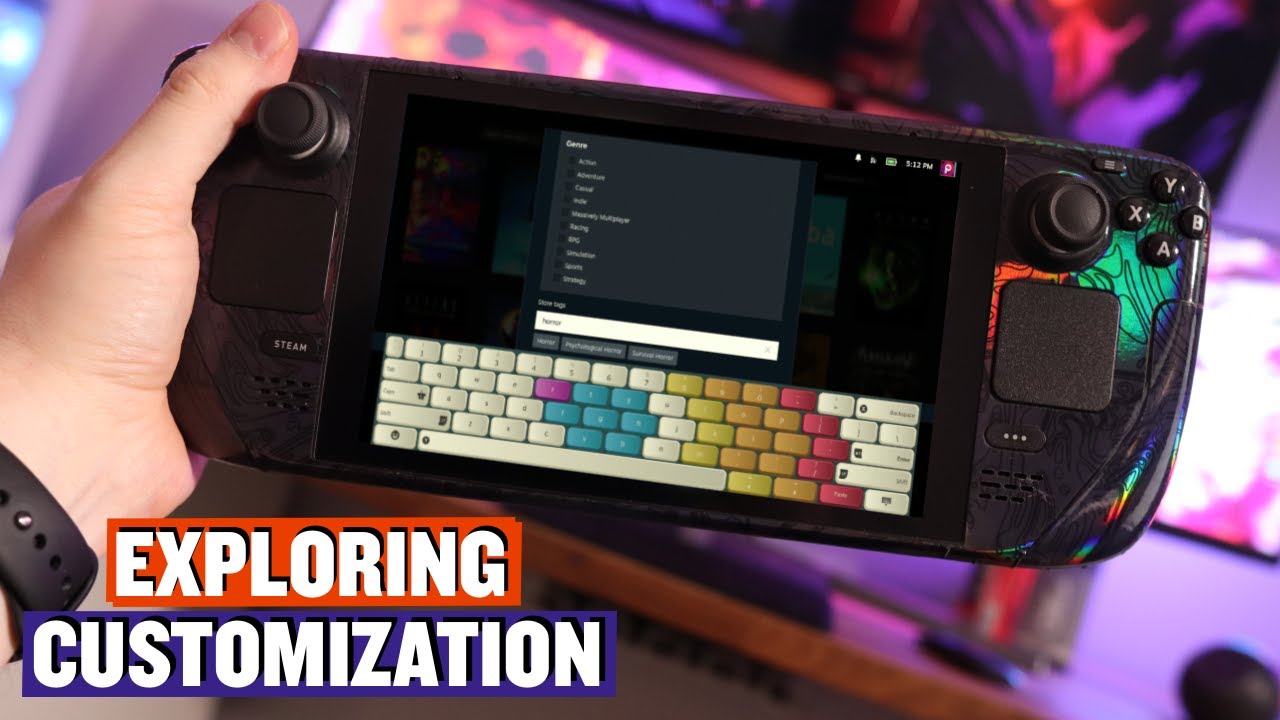
Apex Legends: EA’s Linux Support Withdrawal and Its Impact on Steam Deck Gamers
EA recently made the controversial announcement that it is pulling support for Apex Legends on the Linux operating system, effectively cutting off players using Steam Deck from officially playing the popular battle royale. This decision speaks volumes about the ongoing battle against cheating and the comfort-worn pathways developers tread when it comes to optimizing game integrity.
 Intense gameplay moments from Apex Legends
Intense gameplay moments from Apex Legends
Cheating Concerns Prompt Departure
The announcement highlighted the pivotal role that cheating has played in this decision. EA’s development team explained that the nature of Linux allows cheaters to manipulate the game by creating software that evades detection. As the developers state,
“The openness of the Linux operating systems makes it an attractive one for cheaters and cheat developers.”
This statement reflects a growing concern within the gaming community as to how open systems invite exploitation.
The issues aren’t trivial; EA elaborated on the severity of the problem. With the user base of Linux being statistically smaller, the impact of a few malicious actors can wreak havoc on the overall game’s integrity. The developers revealed, “While the population of Linux users is small, their impact infected a fair amount of players’ games,” ultimately influencing EA’s choice to no longer officially support the platform.
The Landscape of Handheld Gaming
Despite the bad news for Linux users, gamers can still install Windows on their Steam Decks to enjoy Apex Legends, making the platform essentially a portable PC. However, not all gamers may be inclined or tech-savvy enough to delve into operating system configurations. This trend of manufacturers stepping back from Linux support is not unique to EA; other popular titles like Fortnite, League of Legends, and Valorant have also bypassed Linux, citing similar cheating concerns.
Hardware designed for the ultimate gaming experience
Reflecting on the Bigger Picture
EA’s decision reflects larger trends within the gaming industry as developers meticulously balance player experience with security and integrity. The implications of this decision could echo throughout handheld gaming. Apex Legends, previously celebrated as one of Steam Deck’s top games, now presents a significant loss for the community.
Gaming platforms must now reckon with the ever-looming threat of cheating and the broader implications on accessibility. The ongoing dilemma raises questions about the future of open-source gaming and the potential for innovation versus the fight against exploitation in gaming environments.
Community Reactions and Potential Alternatives
Reactions from the gaming community have been mixed, and many Linux die-hards are left perplexed as they ponder potential alternatives or new FPS experiences. With legal actions and public outcry likely to ensue, the future of game development policies concerning Linux remains uncertain.
Gamers who appreciate the flexibility of Linux may likely find themselves searching for less mainstream FPS alternatives in the wake of EA’s withdrawal. The ongoing adjustments in game support could see a resurgence of indie games that prioritize compatibility across diverse platforms or perhaps encourage a shift towards open-source alternatives in gaming.
 Possibilities of alternative gaming experiences in a changing landscape
Possibilities of alternative gaming experiences in a changing landscape
Conclusion
As the gaming landscape continues to evolve, adaptability is key. With developer prioritization leaning more toward securing their titles, those using handheld devices like Steam Deck need to remain proactive in their gaming choices. The gap left by Apex Legends will surely be a catalyst for further exploration within the handheld gaming community, driving players towards platforms that offer both accessibility and enjoyment while striving for integrity.
The experience of gaming on different operating systems is a balancing act that invites engagement from both developers and users. For now, the fate of Linux users playing Apex Legends remains uncertain, but the reserved space for innovation in gaming is waiting to be filled.















